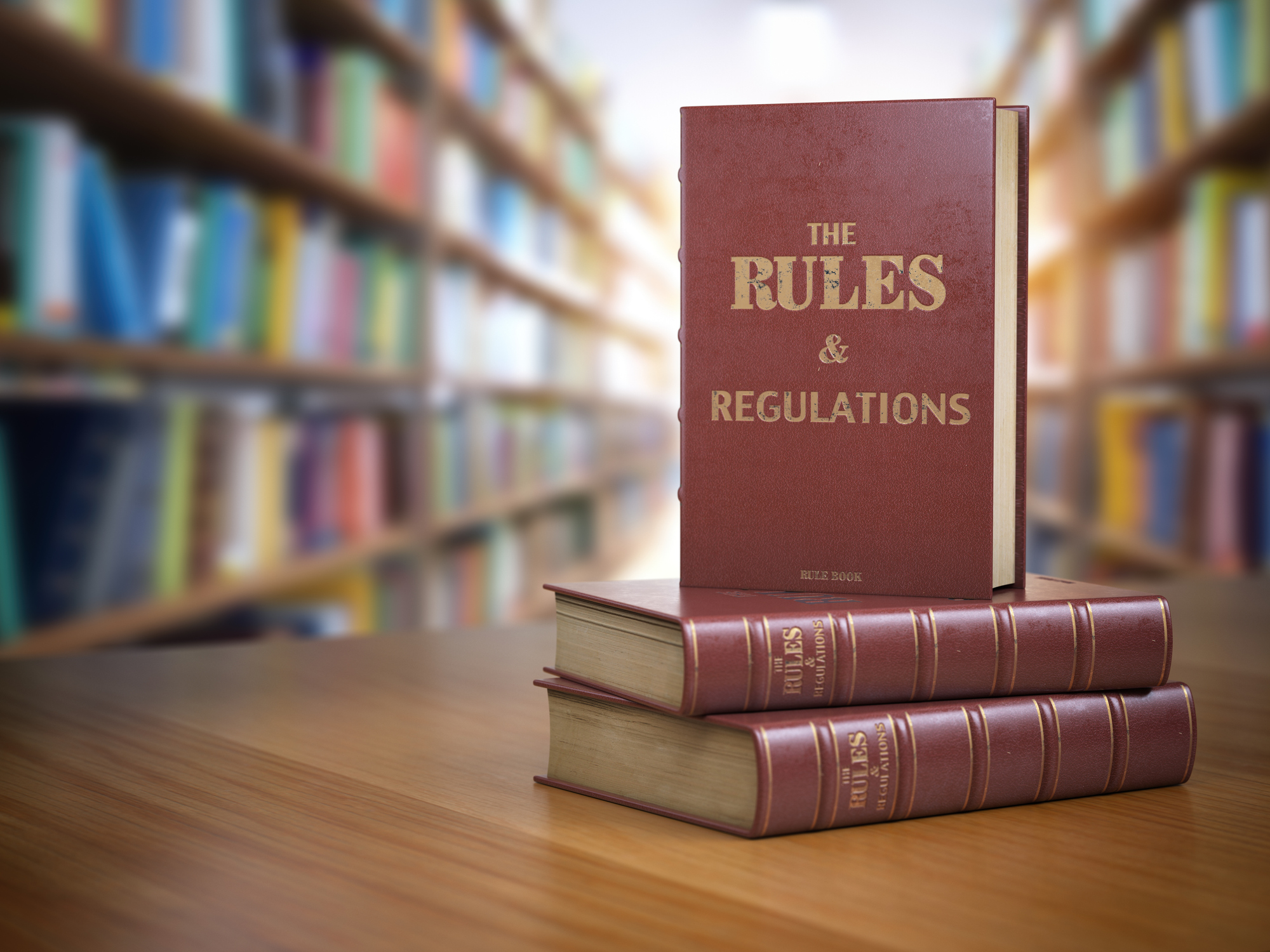
Rules and regulations books with official instructions and directions of organization or team. 3d illustration
Sometimes, people served with divorce papers do not respond. They may be unsure what to do or they may not want to face the realities of divorce. Failing to respond will not prevent the divorce, however. If a respondent fails to file an answer to a Texas divorce petition, the court may still grant the divorce through a default judgment. Although the petitioner must submit evidence supporting their material allegations and the property division must still be just and right, the divorce may be granted on terms that are unfavorable to the respondent.
A husband recently appealed a default judgment that granted a divorce on the ground of adultery. The parties married in 2008 and had two children together. They entered into a post-marital agreement in 2018. Under that agreement, if the wife filed for divorce because of the husband’s adultery, she would get conservatorship of the children without a geographical restriction, spousal maintenance, and certain property in which the husband held a separate property interest. The wife petitioned for divorce the next year and alleged adultery. The husband did not file an answer.
Default Judgment is Entered
The wife submitted an affidavit to prove up the divorce that incorporated the post-marital agreement by reference. She asked the court to approve the post-marital agreement as the agreement of the parties. The trial court granted the divorce on the ground of adultery. The husband appealed.
 Texas Divorce Attorney Blog
Texas Divorce Attorney Blog

